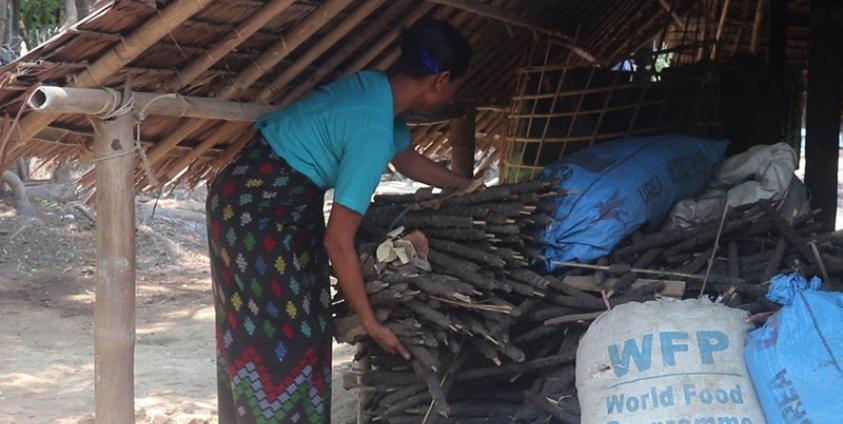Kaman people in Myanmar are facing livelihood challenges during the ongoing third wave of Covid-19, according to members of the predominantly Muslim ethnic group.
There have been six deaths of people infected with Covid-19 at Bwet Gyi, a Kaman village in Hmawbi Township, Yangon Region, said U Tun Ngwe, chairperson of the Kaman Social Network.
“Kaman people at Bwet Gyi village are facing big troubles for their living,” he told DMG. “As there are deaths of Covid-19-infected people, the villagers are under lockdown. They cannot go outside the village. Most of the Kaman people are daily wage workers. So, they’ve lost their livelihoods. And donors do not arrive in the village.”
There are more than 500 people from more than 100 households at Bwet Gyi village.
U Tun Ngwe asked donors to provide humanitarian aid for the Kaman people suffering amid the pandemic.
Kaman people who are daily wage workers at Thin Kan Nar Kaman village in Sittwe Township, Arakan State, are also facing livelihood woes as their village too is locked down, said a local elder, U Myint Aye.
“The villagers are not allowed to go outside the village. So, daily wage workers are facing more difficulty in their living. Meanwhile, they do not receive any donations in times of hardship,” he told DMG.
There are more than 1,600 people from over 400 households in the village.
The Kaman are one of Myanmar’s 135 officially recognised ethnic groups, and are the only Muslim ethnic group recognised under that controversial taxonomy as indigenous to Arakan State.
According to 2018-19 figures, there are more than 50,000 Kaman people in Myanmar, said the Kaman Social Network.







